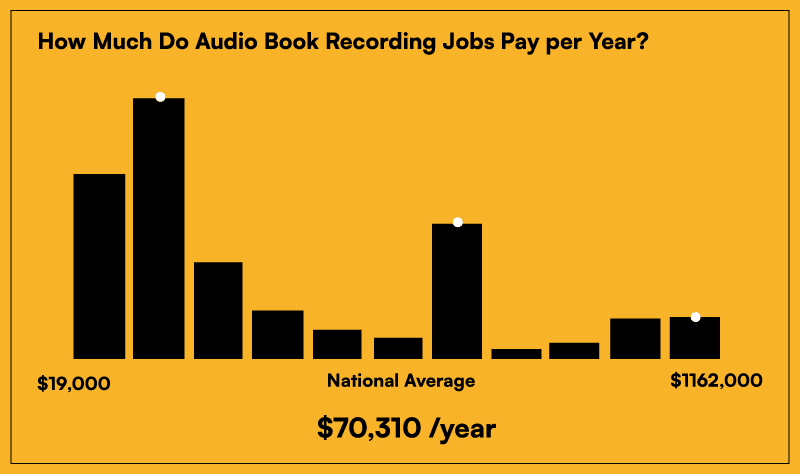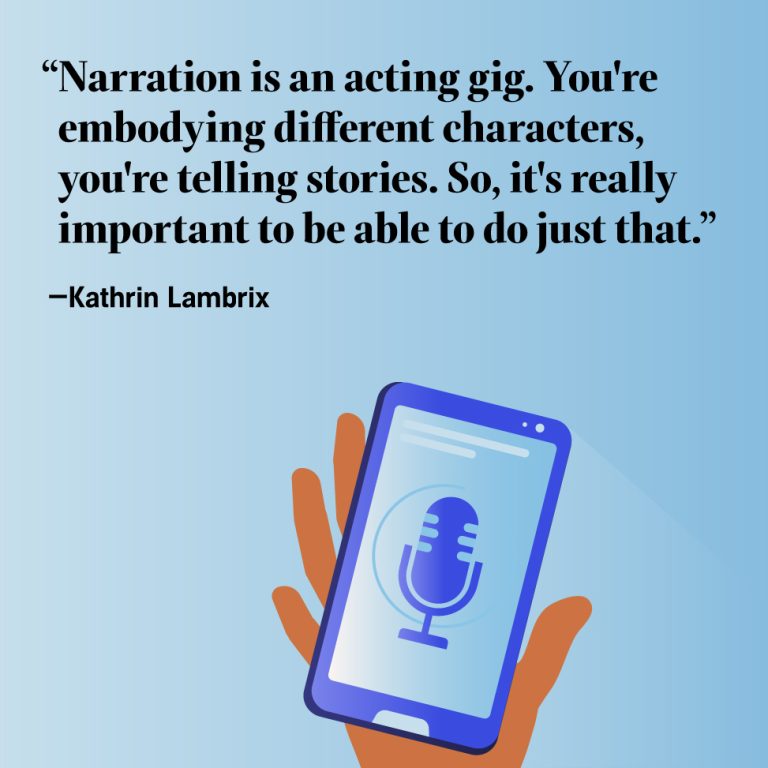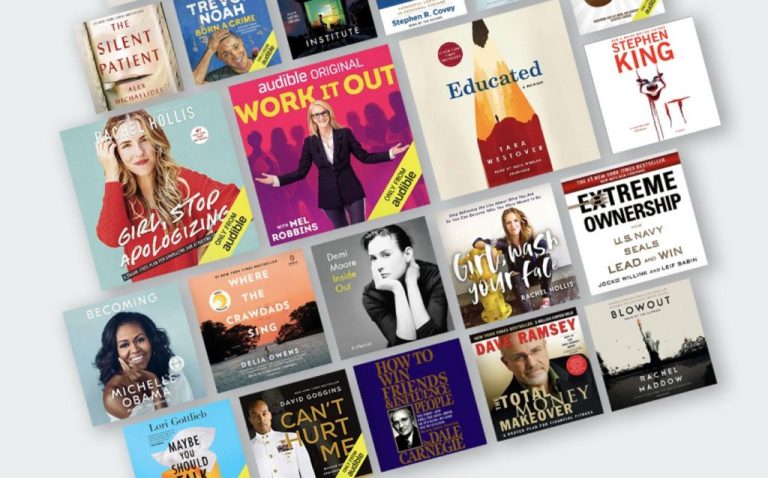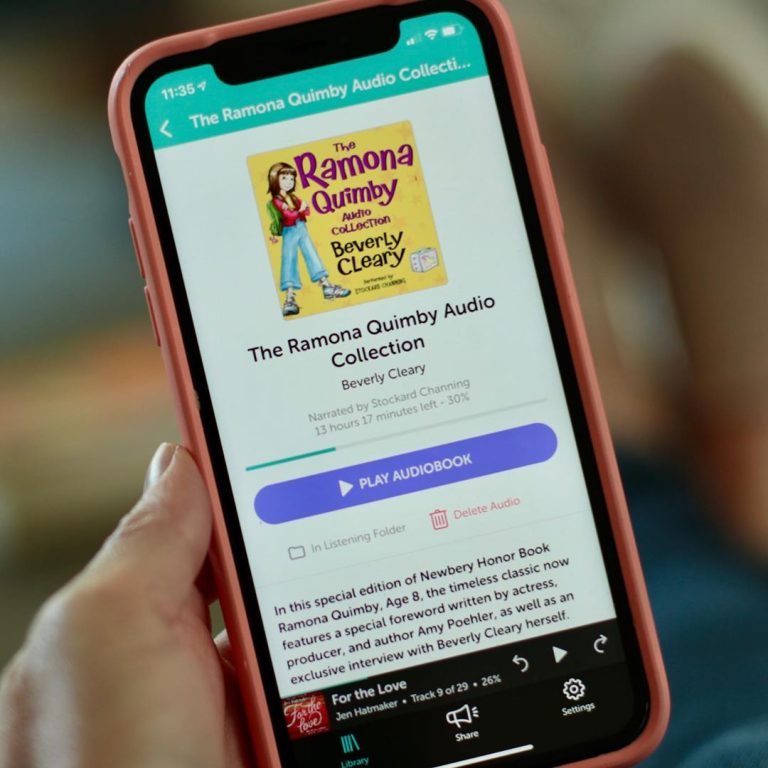Do Audiobook Readers Get Paid?
Curious about the world of audiobooks? Wondering if audiobook readers get paid for their work? Well, you’ve come to the right place! In this article, we’ll dive into the fascinating realm of audiobooks and explore the financial side of this booming industry. So, grab your headphones and get ready to discover the answer to the burning question: Do audiobook readers get paid?
Audiobooks have become incredibly popular in recent years, allowing book lovers to enjoy their favorite stories while on the go. But have you ever wondered how the talented individuals who bring these stories to life are compensated for their efforts? Well, the good news is, audiobook readers do indeed get paid! In fact, their earnings can vary depending on a variety of factors, such as the popularity of the book, the length of the recording, and the experience and reputation of the reader. So, if you’re considering a career in audiobook narration, rest assured that your hard work and talent can be financially rewarding. But how exactly do these payments work? Let’s explore that in the next paragraph.

Do Audiobook Readers Get Paid?
Audiobooks have become increasingly popular in recent years as a convenient and immersive way to enjoy books. As a result, the demand for audiobook readers, also known as narrators, has grown. Many people are curious about the financial aspect of this profession and wonder, “Do audiobook readers get paid?” In this article, we will explore the world of audiobook narration and delve into how these talented individuals earn a living from their craft.
How Audiobook Readers Make Money
Audiobook readers are typically paid per finished hour (PFH) of recorded audio. This means that they are compensated for the time it takes them to narrate an entire book, regardless of how long it may be. The PFH rate can vary depending on several factors, such as the narrator’s experience, the publisher, and the popularity of the book. Established narrators may command higher rates, while newcomers to the field may start at a lower rate.
In addition to the PFH rate, some narrators may receive royalties based on the sales of the audiobook. Royalties are typically a percentage of the revenue generated from each sale. The specific royalty percentage can vary and may be negotiated between the narrator and the publisher. It’s important to note that not all narrators receive royalties, particularly if they are just starting their careers or working on smaller projects.
The Factors Affecting Audiobook Narrator Earnings
The amount of money an audiobook narrator can earn can vary widely based on several key factors. One of the primary factors is the narrator’s level of experience and reputation. Established narrators with a strong track record and a recognizable voice may be able to command higher rates and negotiate more favorable contracts.
The popularity and demand for the book being narrated can also impact an audiobook narrator’s earnings. Bestselling authors or well-known titles often attract more listeners, leading to higher sales and more income for the narrator. Conversely, lesser-known books or niche genres may have a smaller audience, resulting in lower sales and potentially lower earnings for the narrator.
The production quality of the audiobook also plays a role in an audiobook narrator’s earnings. Some projects may require additional work, such as voice acting for multiple characters or extensive editing and post-production. These factors can increase the amount of time and effort required from the narrator, which may be reflected in their compensation.
Additional Sources of Income for Audiobook Readers
While narrating audiobooks is the primary source of income for most audiobook readers, there are additional avenues for earning money within the industry. Some narrators may offer their services for voice-over work in commercials, documentaries, or video games. Others may provide narration for e-learning materials, corporate training videos, or podcasts.
In addition, some narrators may choose to diversify their income by offering coaching or consulting services to aspiring narrators. They may share their expertise and provide guidance on voice acting techniques, character development, or the business side of the audiobook industry. These additional income streams can help supplement their earnings from narrating audiobooks.
Benefits of Being an Audiobook Reader
While the financial aspect is an important consideration, there are other benefits to being an audiobook reader. For those who have a passion for literature and storytelling, narrating audiobooks allows them to bring stories to life and share their love of books with listeners around the world.
Audiobook narration also offers flexibility and the opportunity to work from home. Many narrators have their own home recording studios, allowing them to set their own schedules and work at their own pace. This can be particularly appealing for individuals who prefer a non-traditional work environment or who have other commitments that require flexible hours.
In conclusion, audiobook readers do get paid for their work. The amount they earn can vary depending on factors such as their experience, the popularity of the book, and the specific terms of their contract. With the increasing popularity of audiobooks, the demand for talented narrators is expected to continue to grow, providing opportunities for individuals to pursue a fulfilling career in this field.
Key Takeaways: Do Audiobook Readers Get Paid?
- Yes, audiobook readers do get paid for their work.
- Their payment is usually based on a per-hour or per-finished-hour rate.
- Experienced narrators may earn higher rates compared to newcomers.
- Some audiobook narrators may also receive royalties based on the sales of the audiobook.
- Audiobook narration can be a rewarding career for those with a passion for storytelling and a good voice.
Frequently Asked Questions
In this section, we will answer some common questions related to audiobook readers and their payments.
How do audiobook readers get paid?
Audiobook readers typically get paid through a combination of upfront fees and royalties. The upfront fee is a one-time payment that they receive for narrating the book. This fee can vary depending on factors such as the length of the book, the popularity of the author, and the experience of the reader.
In addition to the upfront fee, audiobook readers also earn royalties based on the sales or downloads of the audiobook. Royalties are usually calculated as a percentage of the net revenue generated from the sales. The specific royalty rate can vary depending on the contract between the reader and the audiobook publisher.
Do audiobook readers earn a good income?
The income of audiobook readers can vary depending on various factors. Established and popular readers who have a large following and have narrated best-selling books can earn a significant income from their work. On the other hand, less experienced or lesser-known readers may earn a more modest income.
It’s important to note that the income of an audiobook reader is not solely dependent on the number of books they narrate. Factors such as the popularity of the book, the sales volume, and the royalty rate can all affect the overall income. Additionally, the audiobook industry is competitive, and readers need to consistently deliver high-quality performances to attract more opportunities and higher-paying projects.
Are audiobook readers paid per hour?
Audiobook readers are typically not paid per hour. Instead, they are paid based on the length of the book and the agreed-upon fee structure. The fee can be a fixed amount for the entire project or a per-word or per-page rate. This payment structure allows audiobook readers to have a clear understanding of their compensation for each project and helps ensure fairness in the payment process.
It’s worth noting that the time it takes to record an audiobook can vary depending on factors such as the complexity of the text, the reader’s experience, and the recording setup. However, the payment is not directly tied to the number of hours spent on the project.
Do audiobook readers receive any additional benefits?
In addition to their payment for narrating audiobooks, some audiobook readers may receive additional benefits. These benefits can vary depending on the specific agreement between the reader and the audiobook publisher. Some common additional benefits may include receiving copies of the audiobook for personal use, promotional opportunities, or the potential for future collaborations.
It’s important for audiobook readers to negotiate their contracts and discuss any additional benefits they may be interested in, as these can vary from project to project. Building a good relationship with publishers and consistently delivering high-quality performances can also lead to more opportunities and potential long-term partnerships.
Can anyone become an audiobook reader and get paid?
While anyone can technically become an audiobook reader, it requires a particular set of skills and qualities to succeed in the industry. Audiobook readers need to have excellent vocal control, acting abilities, and the ability to bring characters and narratives to life through their voice.
Getting paid as an audiobook reader often requires building a portfolio and establishing a reputation within the industry. It can be beneficial to start by gaining experience through smaller projects or by working with independent authors or publishers. Aspiring audiobook readers may also consider taking voice acting or narration classes to enhance their skills and increase their chances of getting paid opportunities in the field.
Final Thought: Do Audiobook Readers Get Paid?
So, you’re curious about whether audiobook readers get paid? Well, the answer is a resounding yes! Audiobook readers are indeed compensated for their hard work, talent, and dedication. In fact, audiobook narration has become a thriving industry, with opportunities for both seasoned professionals and aspiring voices.
When it comes to payment, audiobook readers typically receive a fee or royalty for their services. The exact compensation structure can vary, depending on factors such as the popularity of the book, the narrator’s experience, and the agreement between the narrator and the production company. Some narrators may receive a flat fee for their work, while others earn royalties based on the number of audiobook sales. This means that the potential for earning can be quite lucrative, especially if the audiobook becomes a bestseller or enjoys sustained popularity.
However, it’s important to note that breaking into the world of audiobook narration can be competitive, and success doesn’t come overnight. Like any profession, it requires skill, perseverance, and a bit of luck. Aspiring narrators often start by building their portfolio and gaining experience through smaller projects before landing bigger opportunities.
In conclusion, if you have a knack for bringing stories to life through your voice and have dreams of becoming an audiobook reader, rest assured that your efforts can be financially rewarding. With dedication, practice, and a passion for storytelling, you can carve out a fulfilling career in the world of audiobooks. So, start honing your skills, exploring opportunities, and who knows? Maybe one day, you’ll be the voice behind the next best-selling audiobook!





